|
March 11
Events Pre-1600 * 222 – Roman emperor Elagabalus is murdered alongside his mother, Julia Soaemias. He is replaced by his 14-year old cousin, Severus Alexander. * 843 – Triumph of Orthodoxy: Empress Theodora II restores the veneration of icons in the Orthodox churches in the Byzantine Empire. *1343 – Arnošt of Pardubice becomes the last Bishop of Prague (3 March 1343 O.S.), and, a year later, the first Archbishop of Prague. *1387 – Battle of Castagnaro: Padua, led by John Hawkwood, is victorious over Giovanni Ordelaffi of Verona. 1601–1900 *1641 – Guaraní forces living in the Jesuit reductions defeat bandeirantes loyal to the Portuguese Empire at the Battle of Mbororé in present-day Panambí, Argentina. * 1649 – The Frondeurs and the French government sign the Peace of Rueil. * 1702 – '' The Daily Courant'', England's first national daily newspaper, is published for the first time. * 1708 – Queen Anne with ... [...More Info...] [...Related Items...] OR: [Wikipedia] [Google] [Baidu] |
Elagabalus
Marcus Aurelius Antoninus (born Sextus Varius Avitus Bassianus, 204 – 11/12 March 222), better known by his nickname "Elagabalus" (, ), was Roman emperor from 218 to 222, while he was still a teenager. His short reign was conspicuous for sex scandals and religious controversy. A close relative to the Severan dynasty, he came from a prominent Arab family in Emesa (Homs), Syria, where since his early youth he served as head priest of the sun god Elagabal. After the death of his cousin, the emperor Caracalla, Elagabalus was raised to the principate at 14 years of age in an army revolt instigated by his grandmother Julia Maesa against Caracalla's short-lived successor, Macrinus. He only posthumously became known by the Latinised name of his god. Later historians suggest Elagabalus showed a disregard for Roman religious traditions and sexual taboos. He replaced the traditional head of the Roman pantheon, Jupiter, with the deity Elagabal, of whom he had been high priest. ... [...More Info...] [...Related Items...] OR: [Wikipedia] [Google] [Baidu] |
Padua
Padua ( ; it, Padova ; vec, Pàdova) is a city and ''comune'' in Veneto, northern Italy. Padua is on the river Bacchiglione, west of Venice. It is the capital of the province of Padua. It is also the economic and communications hub of the area. Padua's population is 214,000 (). The city is sometimes included, with Venice (Italian ''Venezia'') and Treviso, in the Padua-Treviso-Venice Metropolitan Area (PATREVE) which has a population of around 2,600,000. Padua stands on the Bacchiglione River, west of Venice and southeast of Vicenza. The Brenta River, which once ran through the city, still touches the northern districts. Its agricultural setting is the Venetian Plain (''Pianura Veneta''). To the city's south west lies the Euganaean Hills, praised by Lucan and Martial, Petrarch, Ugo Foscolo, and Shelley. Padua appears twice in the UNESCO World Heritage List: for its Botanical Garden, the most ancient of the world, and the 14th-century Frescoes, situated in d ... [...More Info...] [...Related Items...] OR: [Wikipedia] [Google] [Baidu] |
1649
Events January–March * January 4 – In England, the Rump Parliament passes an ordinance to set up a High Court of Justice, to try Charles I for high treason. * January 17 – The Second Ormonde Peace concludes an alliance between the Irish Royalists and the Irish Confederates during the War of the Three Kingdoms. Later in the year the alliance is decisively defeated during the Cromwellian conquest of Ireland. * January 20 – Charles I of England goes on trial, for treason and other "high crimes". * January 27 – King Charles I of England, Scotland and Ireland is found guilty of high treason in a public session. He is beheaded three days later, outside the Banquet Hall in the Palace of Whitehall, London. * January 29 – Serfdom in Russia begins legally as the Sobornoye Ulozheniye (, "Code of Law") is signed by members of the Zemsky Sobor, the parliament of the estates of the realm in the Tsardom of Russia. Slaves and free peasants are ... [...More Info...] [...Related Items...] OR: [Wikipedia] [Google] [Baidu] |
Rowman & Littlefield
Rowman & Littlefield Publishing Group is an independent publishing house founded in 1949. Under several imprints, the company offers scholarly books for the academic market, as well as trade books. The company also owns the book distributing company National Book Network based in Lanham, Maryland. History The current company took shape when University Press of America acquired Rowman & Littlefield in 1988 and took the Rowman & Littlefield name for the parent company. Since 2013, there has also been an affiliated company based in London called Rowman & Littlefield International. It is editorially independent and publishes only academic books in Philosophy, Politics & International Relations and Cultural Studies. The company sponsors the Rowman & Littlefield Award in Innovative Teaching, the only national teaching award in political science given in the United States. It is awarded annually by the American Political Science Association for people whose innovations have advanced p ... [...More Info...] [...Related Items...] OR: [Wikipedia] [Google] [Baidu] |
Panambí
Panambí is a village and municipality in Misiones Province in north-eastern Argentina Argentina (), officially the Argentine Republic ( es, link=no, República Argentina), is a country in the southern half of South America. Argentina covers an area of , making it the second-largest country in South America after Brazil, t .... References Populated places in Misiones Province {{Misiones-geo-stub ...[...More Info...] [...Related Items...] OR: [Wikipedia] [Google] [Baidu] |
Battle Of Mbororé
The Battle of Mbororé was a battle between the Guaraní living in the Jesuit Missions and the bandeirantes, explorers and adventurers based in São Paulo. It occurred on 11 March 1641 near the Mbororé mountain, now the town of Panambí in the Misiones Province, Argentina. Historic Antecedents Need for Slaves and the beginning of the 'bandeiras' In the early 17th century, the Dutch landed on the Brazil coasts intending to settle there. They did this by using piracy to control navigation along the Atlantic coast, disrupting the Brazilian slave trade. This was a heavy blow to the Portuguese Empire, which needed slave labor to cultivate sugar and raise livestock, the industries which prevailed on the Atlantic coast of Brazil. As a result of this disruption, the Portuguese plantation owners began to make inroads into the local Indian population to make up for the shortfall in slave labor. Moreover, due to the small quantities of silver, gold and precious stones found in the regi ... [...More Info...] [...Related Items...] OR: [Wikipedia] [Google] [Baidu] |
Portuguese Empire
The Portuguese Empire ( pt, Império Português), also known as the Portuguese Overseas (''Ultramar Português'') or the Portuguese Colonial Empire (''Império Colonial Português''), was composed of the overseas colonies, factories, and the later overseas territories governed by Portugal. It was one of the longest-lived empires in European history, lasting almost six centuries from the conquest of Ceuta in North Africa, in 1415, to the transfer of sovereignty over Macau to China in 1999. The empire began in the 15th century, and from the early 16th century it stretched across the globe, with bases in North and South America, Africa, and various regions of Asia and Oceania. The Portuguese Empire originated at the beginning of the Age of Discovery, and the power and influence of the Kingdom of Portugal would eventually expand across the globe. In the wake of the Reconquista, Portuguese sailors began exploring the coast of Africa and the Atlantic archipelagos in 1418–14 ... [...More Info...] [...Related Items...] OR: [Wikipedia] [Google] [Baidu] |
Bandeirantes
The ''Bandeirantes'' (), literally "flag-carriers", were slavers, explorers, adventurers, and fortune hunters in early Colonial Brazil. They are largely responsible for Brazil's great expansion westward, far beyond the Tordesillas Line of 1494, by which Pope Alexander VI divided the new continent into a western, Castilian section, and an eastern, Portuguese section. The ''bandeirantes'' were also known as Paulistas and Mamelucos. They mostly hailed from the São Paulo region, called the Captaincy of São Vicente until 1709 and then as the Captaincy of São Paulo. The São Paulo settlement served as the home base for the most famous ''bandeirantes.'' Some ''bandeirante'' leaders were descendants of first- and second-generation Portuguese who settled in São Paulo, but the bulk of their numbers was made of people of mameluco background (people of both European and Indian ancestries) and natives. Miscegenation was the norm in that society, and its initial family structure was po ... [...More Info...] [...Related Items...] OR: [Wikipedia] [Google] [Baidu] |
Jesuit Reduction
Reductions ( es, reducciones, also called ; , pl. ) were settlements created by Spanish rulers and Roman Catholic missionaries in Spanish America and the Spanish East Indies (the Philippines). In Portuguese-speaking Latin America, such reductions were also called ''aldeias''. The Spanish and Portuguese relocated, forcibly in many cases, indigenous inhabitants (''Indians'' or ''Indios'') of their colonies into urban settlements modeled on those in Spain and Portugal. The word "reduction" can be understood wrongly as meaning "to reduce." Rather, the 1611 Spanish dictionary by Sebastián de Covarrubias defines ''reducción'' (reduction) as "to convince, persuade, or to order." The goals of reductions were to concentrate indigenous people into settled communities and to convert the Indians to Christianity and impose European culture. The concentration of the indigenous into towns facilitated the organization and exploitation of their labor. Reductions could be either religio ... [...More Info...] [...Related Items...] OR: [Wikipedia] [Google] [Baidu] |
Guaraní People
Guarani are a group of culturally-related indigenous peoples of South America. They are distinguished from the related Tupi by their use of the Guarani language. The traditional range of the Guarani people is in present-day Paraguay between the Paraná River and lower Paraguay River, the Misiones Province of Argentina, southern Brazil once as far east as Rio de Janeiro, and parts of Uruguay and Bolivia. Although their demographic dominance of the region has been reduced by European colonisation and the commensurate rise of mestizos, there are contemporary Guarani populations in these areas. Most notably, the Guarani language, still widely spoken across traditional Guarani homelands, is one of the two official languages in Paraguay, the other one being Spanish. The language was once looked down upon by the upper and middle classes, but it is now often regarded with pride and serves as a symbol of national distinctiveness. The Paraguayan population learns Guarani both informall ... [...More Info...] [...Related Items...] OR: [Wikipedia] [Google] [Baidu] |
1641
Events January–March * January 4 – The stratovolcano Mount Parker in the Philippines) has a major eruption. * January 18 – Pau Claris proclaims the Catalan Republic. * February 16 – King Charles I of England gives his assent to the Triennial Act, reluctantly committing himself to parliamentary sessions of at least fifty days, every three years. * March 7 – King Charles I of England decrees that all Roman Catholic priests must leave England by April 7 or face being arrested and treated as traitors. * March 22 – The trial for high treason begins for Thomas Wentworth, 1st Earl of Strafford, director of England's Council of the North. * March 27 – **The Battle of Pressnitz begins between the Holy Roman Empire and Sweden. **The Siege of São Filipe begins in the Azores as the Portuguese Navy fights to drive the Spanish out. After almost 11 months, the Portuguese prevail on March 4, 1642. April–June * April 7 – The ... [...More Info...] [...Related Items...] OR: [Wikipedia] [Google] [Baidu] |
Bloomsbury Publishing
Bloomsbury Publishing plc is a British worldwide publishing house of fiction and non-fiction. It is a constituent of the FTSE SmallCap Index. Bloomsbury's head office is located in Bloomsbury, an area of the London Borough of Camden. It has a US publishing office located in New York City, an India publishing office in New Delhi, an Australia sales office in Sydney CBD and other publishing offices in the UK including in Oxford. The company's growth over the past two decades is primarily attributable to the '' Harry Potter'' series by J. K. Rowling and, from 2008, to the development of its academic and professional publishing division. The Bloomsbury Academic & Professional division won the Bookseller Industry Award for Academic, Educational & Professional Publisher of the Year in both 2013 and 2014. Divisions Bloomsbury Publishing group has two separate publishing divisions—the Consumer division and the Non-Consumer division—supported by group functions, namely Sales an ... [...More Info...] [...Related Items...] OR: [Wikipedia] [Google] [Baidu] |
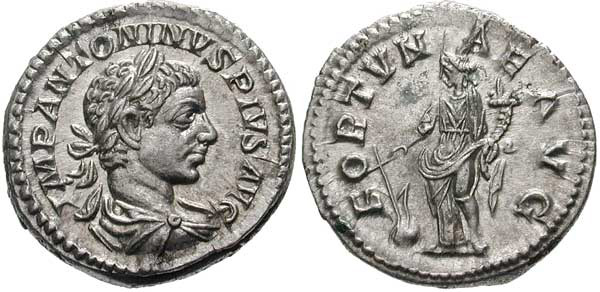


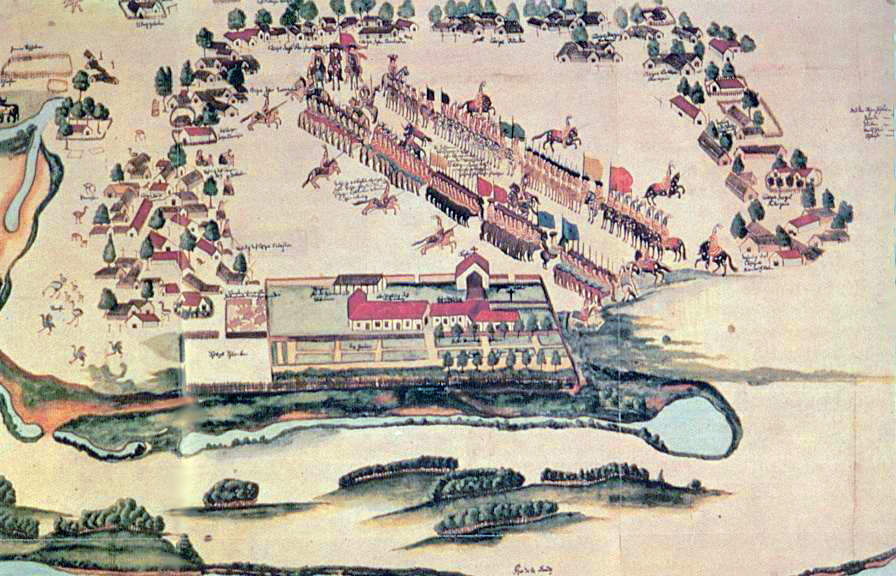
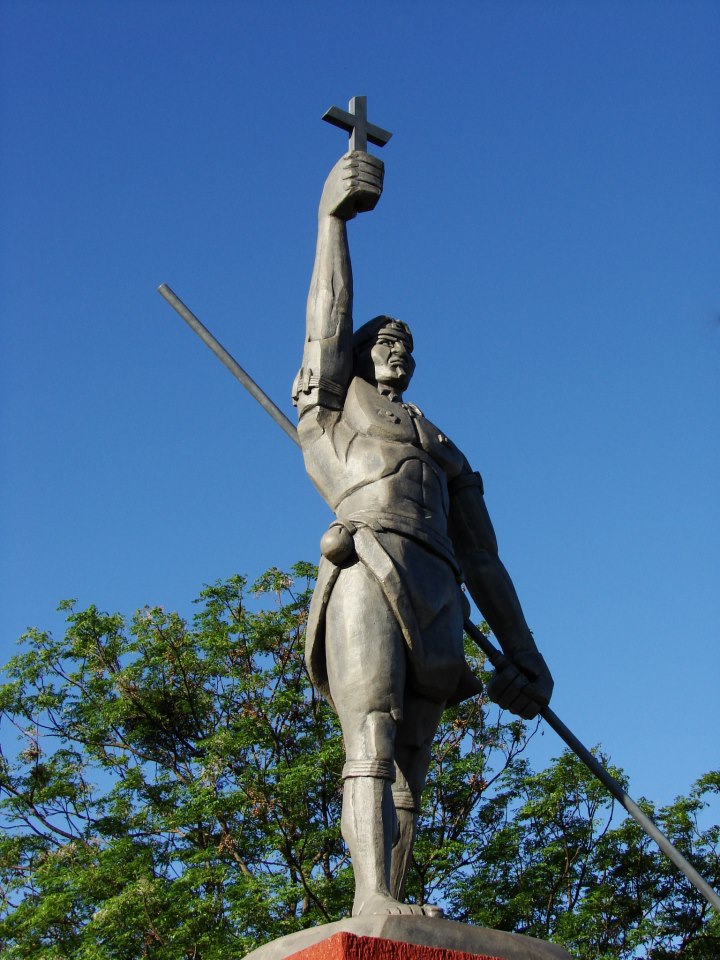
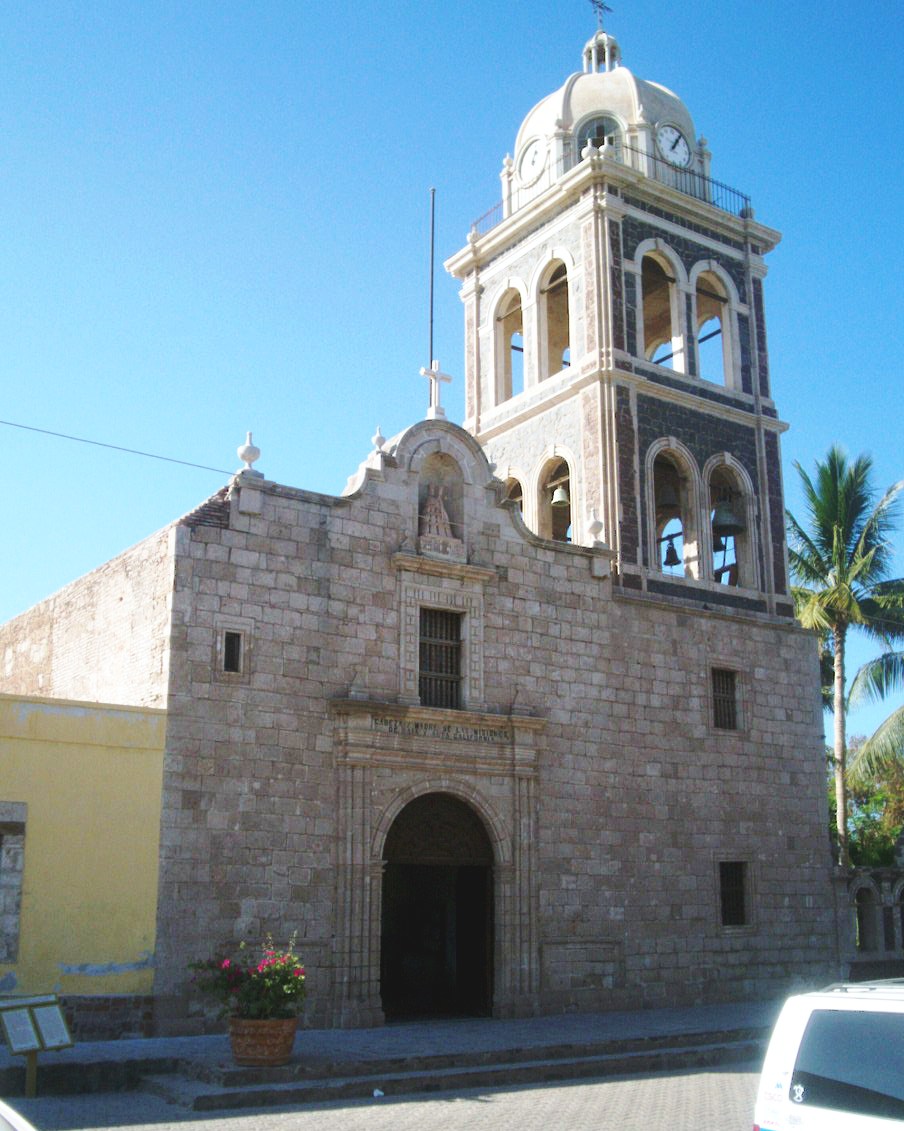
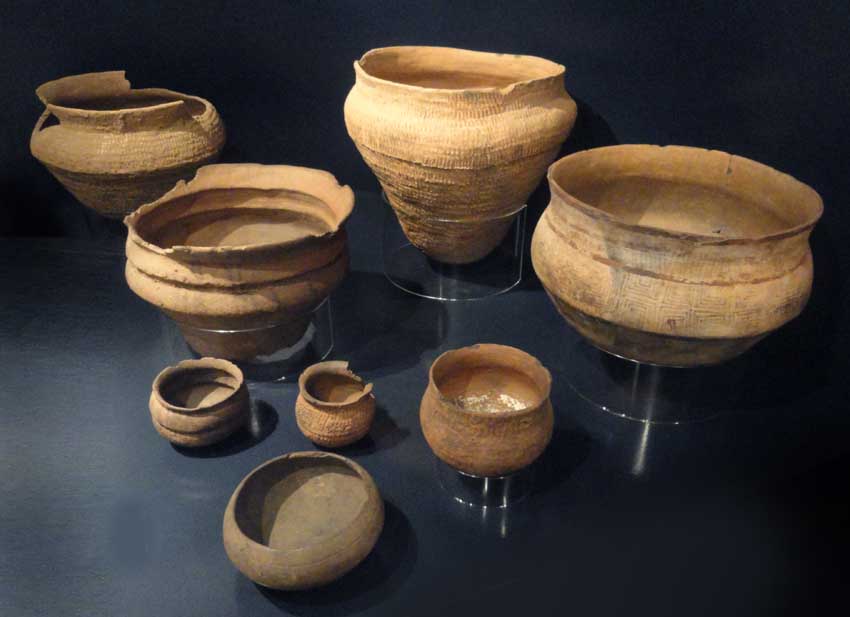
.jpg)